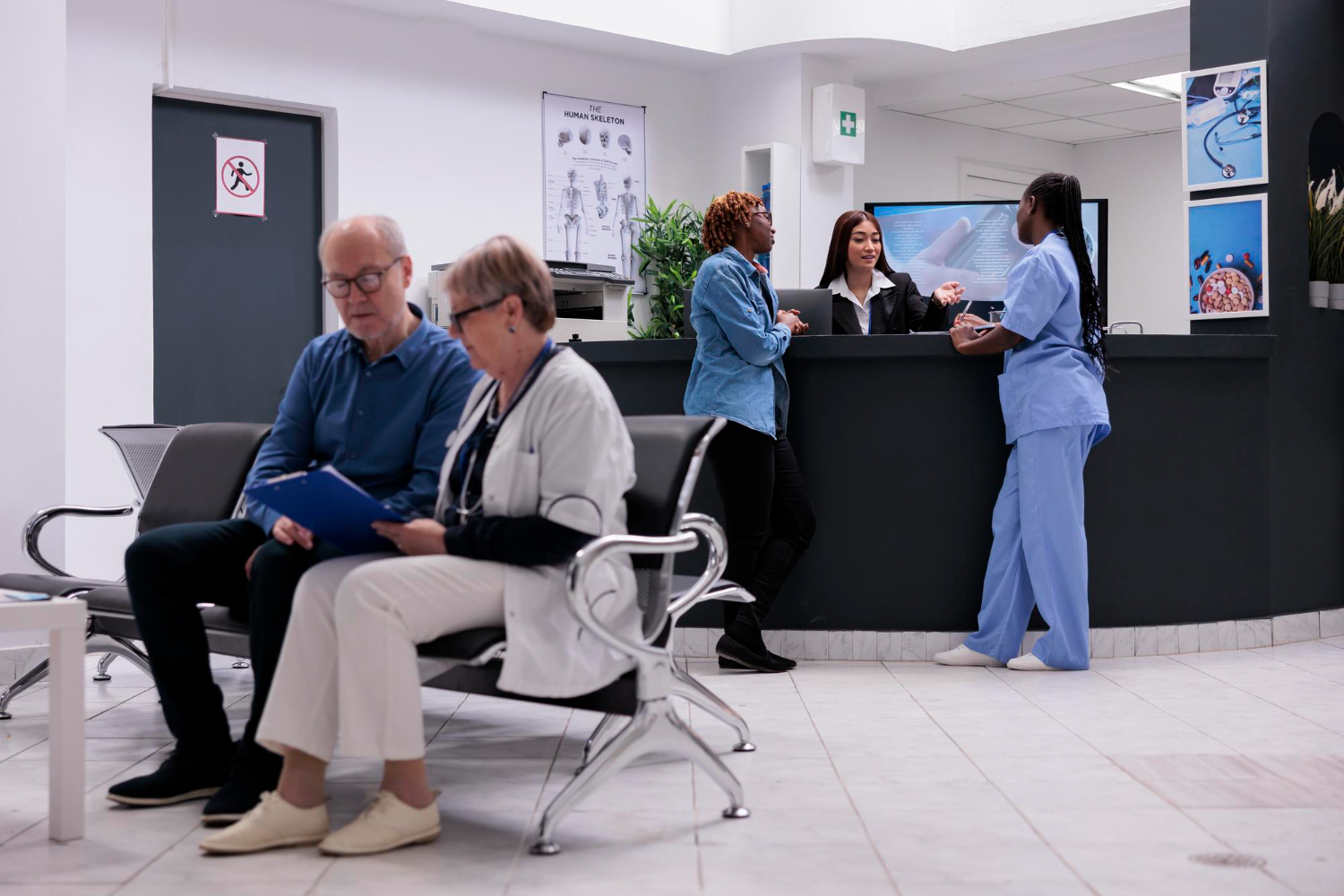
Finding the right Brooklyn alcohol detox facility starts with understanding how outpatient drug rehab works and what to expect from the treatment process. This guide explains the step-by-step approach used in outpatient programs. You'll learn about assessment procedures, different therapy types, support systems, and planning for long-term success. Each part of the process is designed to help people recover while maintaining their daily responsibilities.
Initial Assessment and Treatment Planning
The first step in outpatient drug rehab is a detailed assessment to create your personal treatment plan. This evaluation helps staff understand your specific needs, challenges, and recovery goals. During this process, you'll discuss your addiction history, mental health, and life situation. The team uses this information to build a treatment plan that works for you. This personalized approach gives you the best chance for successful recovery by addressing your unique circumstances and needs.
Individualized Therapy and Counseling
One-on-one therapy sessions are tailored to your specific situation and recovery goals. These private sessions help you work through the root causes of addiction and learn healthy coping skills. Here's what individual therapy includes:
- Personal Treatment Plans: Your therapy is designed around your history, challenges, and strengths
- Proven Methods: You'll learn techniques like cognitive-behavioral therapy to change harmful thoughts and behaviors
- Regular Check-ins: Therapists track your progress and adjust treatment as needed for the best results
Group Therapy and Peer Support
Group therapy sessions connect you with others who understand addiction recovery. Sharing experiences with people facing similar challenges creates a sense of community and belonging. These sessions provide a safe place to talk about feelings, learn coping strategies, and hear from others on their recovery journey. Group discussions and activities help you gain new perspectives and stay motivated. The friendships and support network you build in group therapy often continue long after treatment ends.
Medication Management and Monitoring
Medical staff carefully oversee any medications that support your recovery process. The medication management approach includes:
- Custom Plans: Each person gets a medication plan based on their specific needs and progress
- Regular Check-ups: Staff conduct frequent reviews to make sure medications are working well and adjust doses when needed
- Open Communication: Your feedback about how medications affect you is important for making the right adjustments
The medical team works closely with you to ensure medications support your healing safely and effectively.
Education and Skill-Building Workshops
Interactive workshops teach important knowledge and skills for lasting recovery. These sessions cover topics like understanding addiction, learning coping strategies, and preventing relapse. Expert facilitators share proven information and practical tools you can use in daily life. Workshops include group discussions, practice exercises, and hands-on activities that help you understand and apply what you learn. These skills give you the foundation needed to handle challenges and maintain sobriety after treatment.
Aftercare Planning and Continued Support
Before completing the program, staff help create a personalized plan for continued recovery success. Aftercare planning ensures you have support and resources after leaving treatment. The continued support includes:
- Personal Plans: Staff work with you to create strategies for handling triggers and staying sober
- Ongoing Therapy: Continued counseling sessions provide emotional support and help with any new challenges
- Community Resources: Connections to local support groups and resources give you a strong network for long-term recovery
This ongoing support helps prevent relapse and maintains the progress made during treatment.
Other Related Articles:




